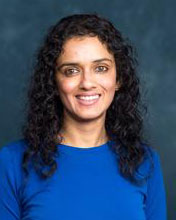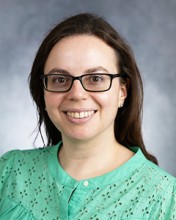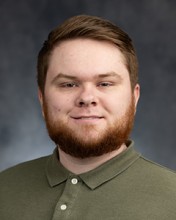Applied Biostatistics Laboratory
Who we are
The Applied Biostatistics Laboratory (ABL) includes a team of Ph.D. and Master’s trained statistician/faculty members. We also include Master’s prepared programmer/analysts within our Data Management Core (DMC). We are committed to a highly collaborative approach that embeds research and statistical design experts within the Principal Investigator’s team, yielding more efficient and competitive grant applications, and ultimately better science.
Pre-award, our collaboration includes:
- Contributing to the experimental design of new studies
- Advising on outcomes selection
- Determining or justifying sample size
- Designing randomization schemes
- Designing and writing the statistical analysis/modeling section(s)
- Advising on appropriate database design and implementation methods
- Advising on the use of national data registries, health system data, and other large-scale data systems
- Grant writing on relevant sections within our specialties
Post-award, we will support the research by:
- Creating custom databases and data entry portals for prospective studies
- Creating custom datasets or extracts from existing data sources for analysis
- Merging complex or multi-sourced data in concert with research aims and objectives
- Implementing blind, double-blind and other randomization schemes
- Conducting the final planned statistical analyses or modeling
- Serving a principal or supporting role in DSMBs
- Supporting interim reports
- Contributing as co-authors on scientific presentations and publications.
Cost of collaboration
Collaboration on new grant proposals and pilot work is free of charge for all UMSN faculty. We will help you determine how much funding to write into your grant for our collaboration. Funding typically ranges from 10% FTE – 25% FTE for a Ph.D. Biostatistician/Co-Investigator. Data management costs are dependent on the project, and will be estimated during grant development.
Post-award collaborations on funded grants that do not include a member of the ABL as co-investigator, or that did not budget for data management services may be charged a fee for services.
Statistical collaborations with faculty working on unfunded research will be handled on a case by case basis.
Working with students
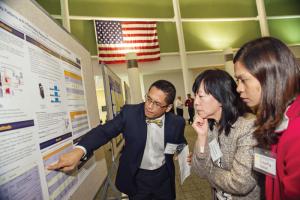
The Applied Biostatistics Laboratory and Data Management Core are committed to educational outreach. We are able to provide unique educational opportunities for more senior undergraduate or graduate students interested in careers in data science or applied statistics.
ABL faculty are able to participate as advisors on research dissertations and other capstone scholarly activities.
Statistical collaborations with students may be referred to the Center for Statistics, Computing, and Analytics Research (CSCAR) or other U-M resources.
Getting started
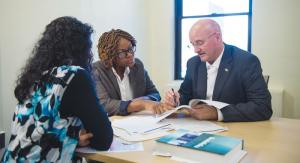
The first step in establishing a collaboration with members of the ABL and DMC is to contact contact Dr. Crystal Patil ([email protected]) or Bidisha Ghosh ([email protected]) and set up a one- hour consultation. We will learn about your research and how we may provide meaningful contributions.
If you are at the proposal-writing stage, bring (or send) a copy of your current draft. If you already have data and are beginning to contemplate analysis, bring the data dictionary and the data.
We will talk about your primary aims, hypotheses, and research methods or designs that you are contemplating. There is no cost for this initial consult.
Our goals are to determine how members of the ABL or DMC may be able to assist you. This can vary from some simple advice to full collaboration as a vested co-investigator.
The Team


